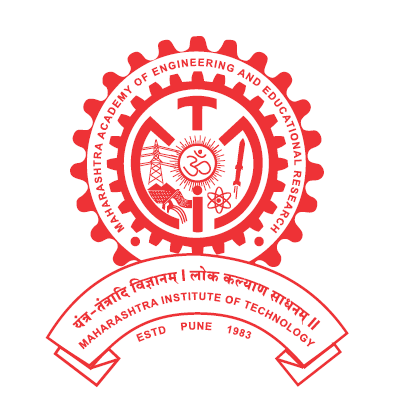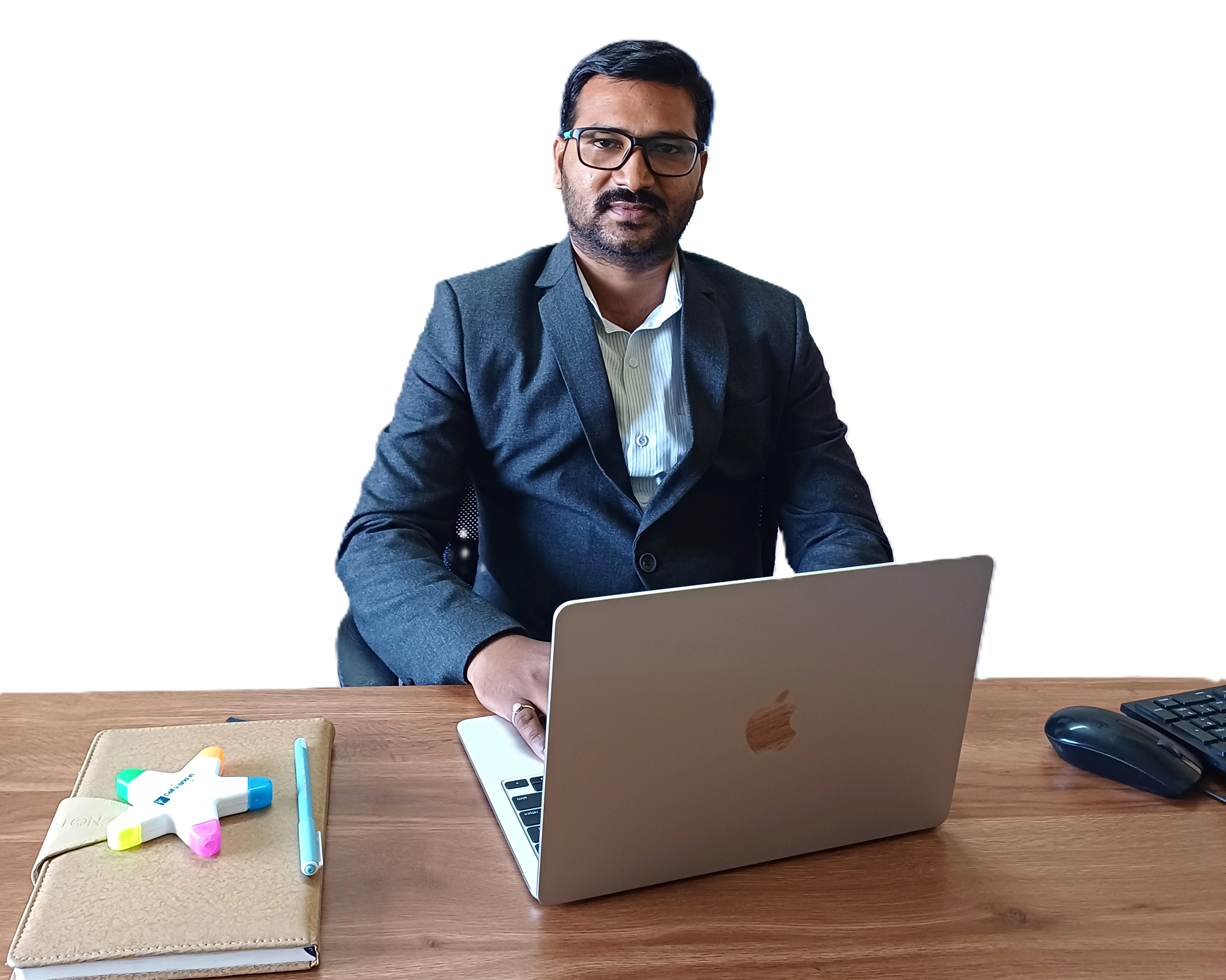Dear Students,
Welcome to the Department of Mechanical & Rail Engineering at MIT College of Railway Engineering and Research, Barshi. At our department, we strive to inspire and nurture the next generation of mechanical engineers by blending cutting-edge education with hands-on learning and research. Mechanical engineering is the backbone of innovation in diverse fields, and we take immense pride in equipping our students with the knowledge and skills needed to excel in industries ranging from railways to robotics, automotive, and beyond. With a focus on excellence, we offer a curriculum that combines theoretical foundations with practical applications. Our state-of-the-art laboratories, experienced faculty, and strong industry collaborations create an environment where students can explore, innovate, and grow. We emphasize interdisciplinary learning and encourage our students to participate in research projects, internships, and industry-academia initiatives to bridge the gap between academic concepts and real-world challenges.
The railway engineering specialization at MIT College sets us apart, enabling students to delve into the technical nuances of railway systems—a vital sector driving national progress. Our mission is to prepare competent engineers who are skilled professionals and responsible citizens contributing to societal growth. We invite you to explore our programs, engage with our faculty, and join this dynamic learning community. Together, let us pave the way for a sustainable, technology-driven future.
Warm regards,
Dr. Sanjay Pandurang Mane
Head, Department of Mechanical Engineering
MIT College of Railway Engineering and Research, Barshi

